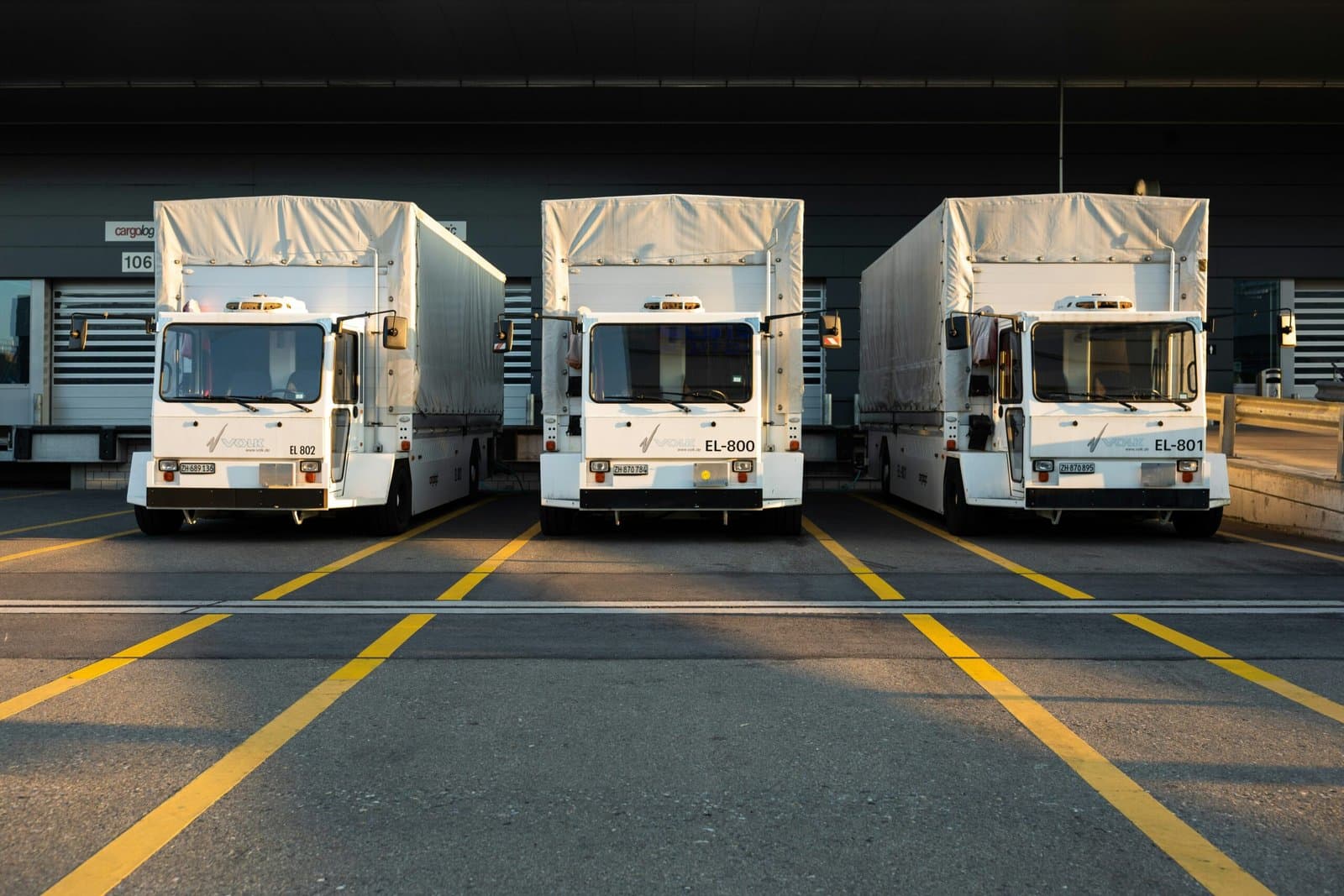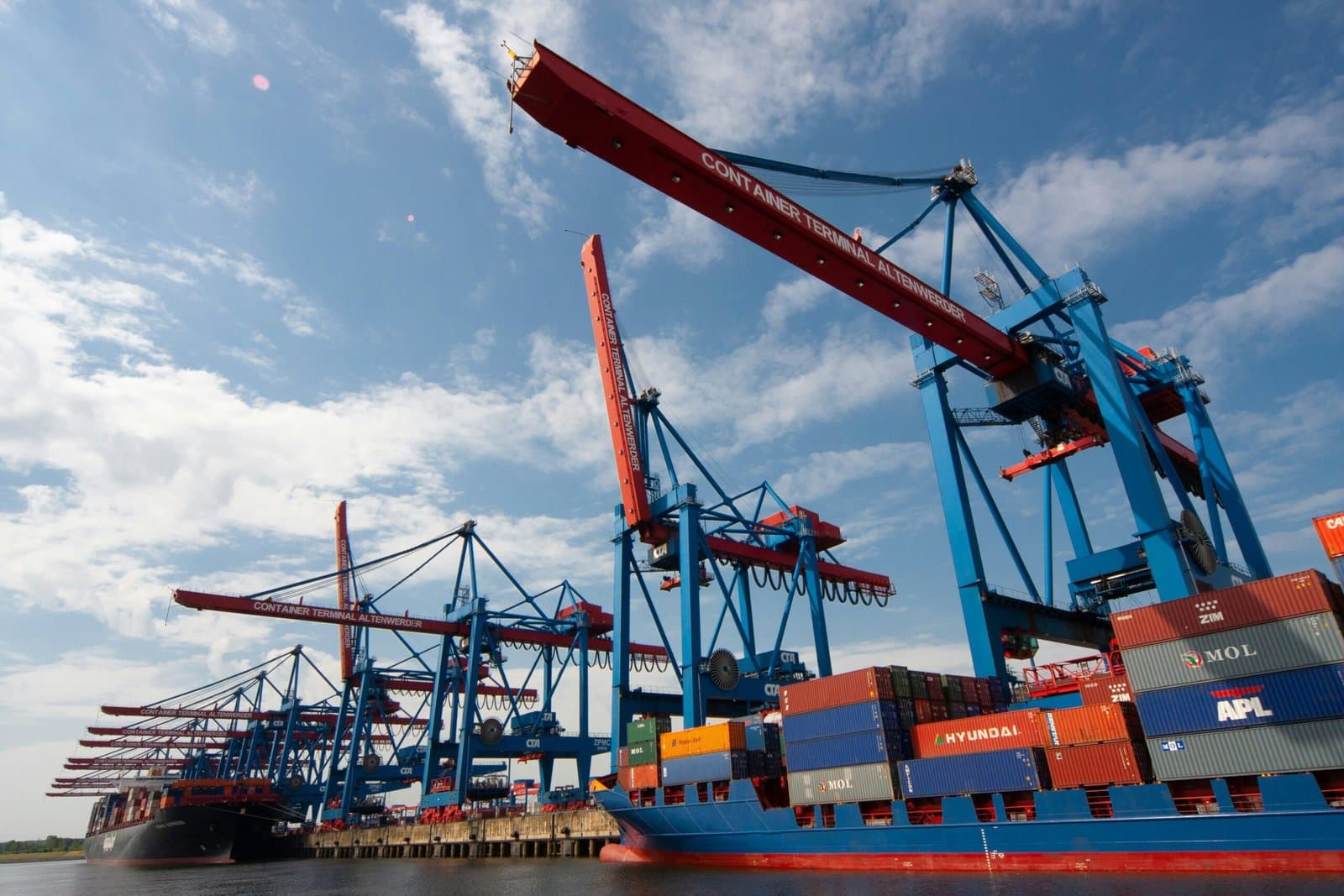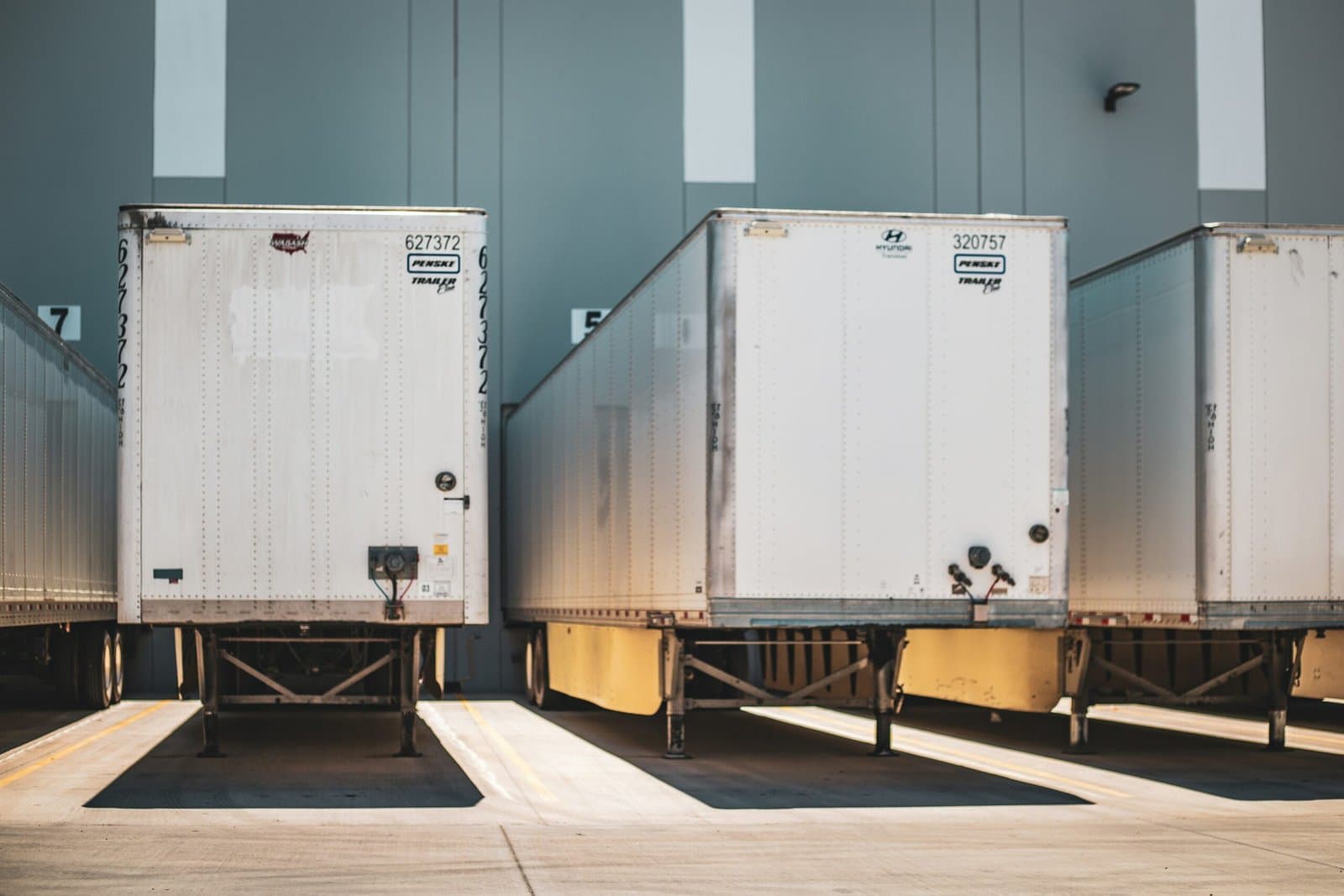How Technology is Revolutionizing the Logistics Industry

How Technology is Revolutionizing the Logistics Industry
The logistics industry is undergoing a profound transformation driven by technological advancements. Over the past few years, innovations such as automation, real-time tracking, artificial intelligence (AI), and data analytics have begun to revolutionize how goods are moved across the globe. As the industry becomes increasingly digital, businesses are finding new ways to enhance efficiency, reduce costs, and improve customer satisfaction. Here’s a look at how technology is reshaping the logistics landscape:
1. Automation and Robotics in Warehouses
Automation has been one of the key drivers of change in logistics. Robotic systems are now widely used in warehouses to handle tasks that once required human labor. From picking and packing to sorting and shelving, robots have increased efficiency and speed while reducing the likelihood of errors. Automated guided vehicles (AGVs) and drones are now being used to transport goods within warehouses, further improving operational workflows.
With the ability to work around the clock without taking breaks, automation ensures that warehouses are running at maximum efficiency. As a result, businesses can meet the growing demands of e-commerce and improve delivery times, all while lowering operational costs.
2. Real-Time Tracking and Visibility
One of the most significant advancements in logistics is the ability to track shipments in real-time. GPS technology, coupled with transportation management systems (TMS), provides businesses with the ability to track goods from start to finish. This visibility not only allows for better management of inventory but also helps identify potential delays and allows companies to make quick adjustments to their delivery schedules.
Real-time tracking also improves transparency with customers, providing them with updates on the status of their shipments and expected delivery times. This level of communication helps build trust and customer satisfaction.
3. Artificial Intelligence (AI) and Machine Learning
Artificial Intelligence (AI) and machine learning are playing an increasingly important role in logistics. These technologies can analyze vast amounts of data to optimize routes, predict delivery times, and forecast demand. AI-driven systems can also make decisions on the best way to manage inventory, allowing companies to keep stock levels optimal and avoid both overstocking and stockouts.
For example, AI algorithms can optimize delivery routes based on real-time traffic data, weather patterns, and road conditions. This not only improves efficiency but also helps reduce fuel consumption and lowers carbon emissions, which is a key consideration for businesses looking to improve their sustainability efforts.
4. Blockchain for Secure Transactions
Blockchain technology, known for its use in cryptocurrencies like Bitcoin, is making its way into logistics as well. By providing a secure, transparent ledger for transactions, blockchain can help reduce fraud, improve contract management, and simplify cross-border payments.
The decentralized nature of blockchain means that every transaction is verified and recorded, providing businesses with an immutable record of all logistics activities. This improves accountability and can help reduce disputes and delays. In the future, blockchain could also facilitate the creation of “smart contracts,” automating and streamlining many aspects of the logistics process.
5. Predictive Analytics and Big Data
Big data and predictive analytics are changing the way logistics companies forecast demand and optimize their operations. By collecting and analyzing vast amounts of data from various sources, companies can predict customer demand, track trends, and adjust their supply chain processes accordingly.
For example, predictive analytics can help logistics companies anticipate peak shipping periods, such as during holiday seasons, and prepare their fleets and warehouses in advance. By leveraging big data, companies can also improve customer satisfaction by ensuring that the right products are available when and where they are needed.
6. Sustainability in Logistics
With growing environmental concerns, technology is also helping make logistics more sustainable. The adoption of electric vehicles (EVs), eco-friendly packaging solutions, and energy-efficient warehouses are just a few examples of how companies are integrating sustainability into their supply chains.
Technology helps optimize transportation routes, reducing fuel consumption and emissions. Additionally, innovations in packaging technology, such as reusable or biodegradable materials, are making a significant impact on reducing waste in the logistics sector.
Conclusion
The logistics industry is rapidly changing, and technology is at the heart of this transformation. From automation in warehouses to the integration of AI, machine learning, and blockchain, these innovations are helping businesses streamline operations, improve customer service, and reduce costs. As these technologies continue to evolve, logistics companies that embrace them will be better equipped to meet the demands of an increasingly digital and fast-paced world.
In the years to come, we can expect even more breakthroughs in logistics technology that will further optimize supply chains, enhance security, and contribute to sustainability efforts. The future of logistics is exciting, and businesses that adapt to these technological advancements will have a competitive edge in an increasingly interconnected global market.
Recent Posts

How to Reduce Freight Shipping Costs Without Compromising Service
OCTOBER 2, 2025

How Shipping Transportation Solutions Minimize Delays and Disruptions
SEPTEMBER 25, 2025

Freight Transport Explained: Road, Rail, Air, and Sea
SEPTEMBER 5, 2025

Freight Shipping 101: A Beginner’s Guide
SEPTEMBER 4, 2025

Tips for Optimizing Your Supply Chain Efficiency
MARCH 5, 2025